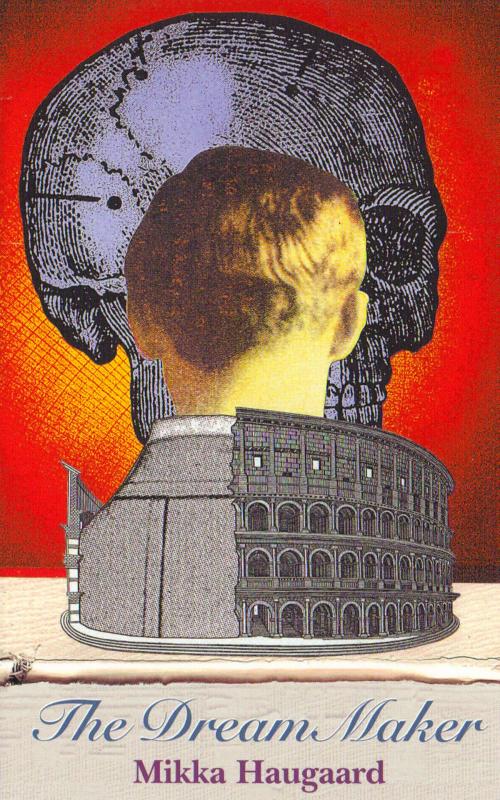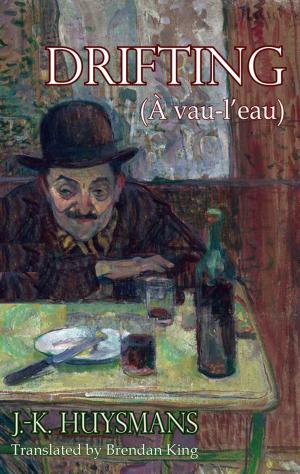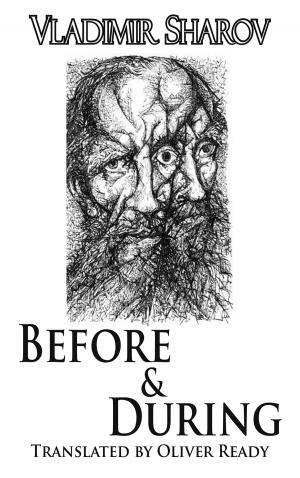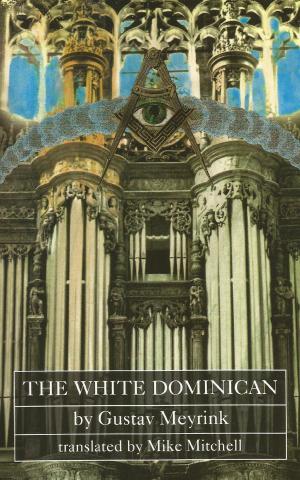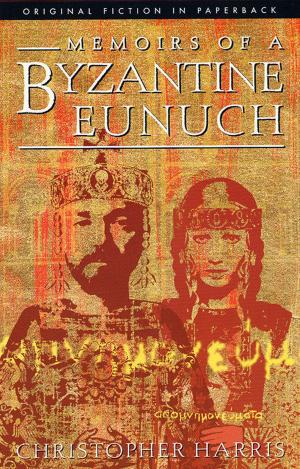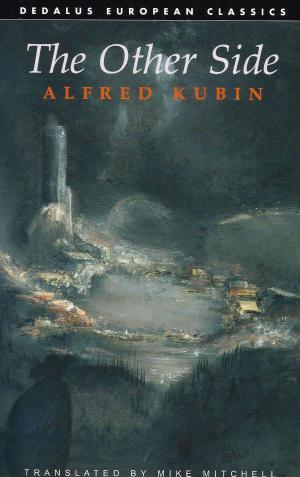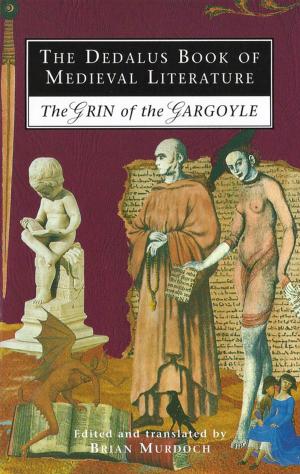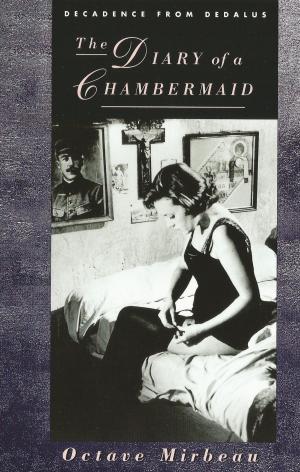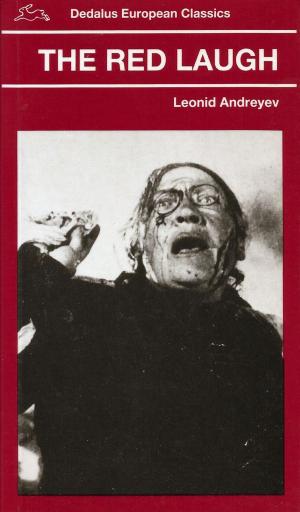| Author: | Mikka Haugaard | ISBN: | 9781909232709 |
| Publisher: | Dedalus Ebooks | Publication: | January 5, 2010 |
| Imprint: | Dedalus Ebooks | Language: | English |
| Author: | Mikka Haugaard |
| ISBN: | 9781909232709 |
| Publisher: | Dedalus Ebooks |
| Publication: | January 5, 2010 |
| Imprint: | Dedalus Ebooks |
| Language: | English |
'The real hero of this novel is the hero of Rachel's novels, Max. In bed with Mo, her lover who is half her age, Rachel tells Max's stories, interspersed with episodes from Rachel's life. Max, in Rome, is hanging out with a 13-year-old girl and heading for disaster. Max, like Rachel had been, is vastly wealthy and can't go anywhere without a security entourage. The most human among them is Trevor, his chauffeur, but the quality that makes him human suggests a pessimistic view of humanity. Max reminds us of Gregory Mason, the pearly-king enforcer from Mikka Haugaard's first novel, the unconventional art world/espionage thriller Gabriel's Bureau. "A sculptor with a sense of humour had arranged his features, his fleshy nose, his sensual lips, and his small lively eyes in the mountainous landscape of his craggy face." From her bed, like a latterday Scheherazade, Rachel reflects that "occasionally a rambling tale is what you most want... because you've done with shape and structure". In fact, there is shape here, and structure, and although we know what is going to happen to Max, we don't know what will happen to Rachel and Mo. This playfulness makes us question everything, including the identity of the narrator – even, perhaps, the identity of the author. It wouldn't surprise me a bit to discover that Mikka Haugaard, supposedly born in Denmark to Danish and American parents and now teaching in a London school, is a pseudonym. The principal characters in her novels go by various names. Oleg, the KGB officer in Gabriel's Bureau, is cremated as Steve Newton, and Gabriel travels to Palermo as Pierre Bezukhov. Whoever Haugaard really is, she writes with great wit, flair and invention. I'm already looking forward to her third novel.' Nicholas Royle in The Independent
'The real hero of this novel is the hero of Rachel's novels, Max. In bed with Mo, her lover who is half her age, Rachel tells Max's stories, interspersed with episodes from Rachel's life. Max, in Rome, is hanging out with a 13-year-old girl and heading for disaster. Max, like Rachel had been, is vastly wealthy and can't go anywhere without a security entourage. The most human among them is Trevor, his chauffeur, but the quality that makes him human suggests a pessimistic view of humanity. Max reminds us of Gregory Mason, the pearly-king enforcer from Mikka Haugaard's first novel, the unconventional art world/espionage thriller Gabriel's Bureau. "A sculptor with a sense of humour had arranged his features, his fleshy nose, his sensual lips, and his small lively eyes in the mountainous landscape of his craggy face." From her bed, like a latterday Scheherazade, Rachel reflects that "occasionally a rambling tale is what you most want... because you've done with shape and structure". In fact, there is shape here, and structure, and although we know what is going to happen to Max, we don't know what will happen to Rachel and Mo. This playfulness makes us question everything, including the identity of the narrator – even, perhaps, the identity of the author. It wouldn't surprise me a bit to discover that Mikka Haugaard, supposedly born in Denmark to Danish and American parents and now teaching in a London school, is a pseudonym. The principal characters in her novels go by various names. Oleg, the KGB officer in Gabriel's Bureau, is cremated as Steve Newton, and Gabriel travels to Palermo as Pierre Bezukhov. Whoever Haugaard really is, she writes with great wit, flair and invention. I'm already looking forward to her third novel.' Nicholas Royle in The Independent
